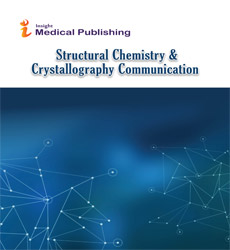Abstract
Staph Hominis in Overlapping Presentation of MIS-C, Kawasaki-Like-Syndrome, and Toxic-Shock-Syndrome in COVID-19 PCR Negative Child
Abstract:
Multisystem inflammatory syndrome in children (MIS-C) is a serious condition in which some parts of the body such as the heart, blood vessels, kidneys, digestive system, brain, skin or eyes — become inflamed. Inflammation typically includes swelling, often with redness and pain. Many, but not all, children with MIS-C test negative for a current infection with the virus that causes COVID-19. Yet evidence indicates that many of these children were infected with the SARS-CoV-2 in the past, as shown by positive antibody test results. An antibody test with a positive result means that the child’s immune system developed blood proteins (antibodies) that fought the COVID-19 virus. Sometime this blood test is the only indication that the child was ever infected. MIS-C shares some of the same signs and symptoms as another condition called Kawasaki disease; which mainly affects children under 5 years of age. It causes inflammation in the walls of blood vessels, particularly those that supply blood to the heart muscle (coronary arteries). Researchers are working to figure out if the two conditions are related or not [4]. Often toxic shock syndrome can be manifest with a similar presentation in children, which usually results from toxins produced by Staphylococcus aurous (staph) bacteria, but the condition may also be caused by toxins produced by group a streptococcus (strep) bacteria.
Author(s):
Suliman Elwagei Ahmed
Abstract | PDF
Share this

Google scholar citation report
Citations : 275
Abstracted/Indexed in
- Google Scholar
- China National Knowledge Infrastructure (CNKI)
- Directory of Research Journal Indexing (DRJI)
- WorldCat
- Geneva Foundation for Medical Education and Research
- Secret Search Engine Labs
- CAS (Chemical Abstracting Services)
Open Access Journals
- Aquaculture & Veterinary Science
- Chemistry & Chemical Sciences
- Clinical Sciences
- Engineering
- General Science
- Genetics & Molecular Biology
- Health Care & Nursing
- Immunology & Microbiology
- Materials Science
- Mathematics & Physics
- Medical Sciences
- Neurology & Psychiatry
- Oncology & Cancer Science
- Pharmaceutical Sciences

